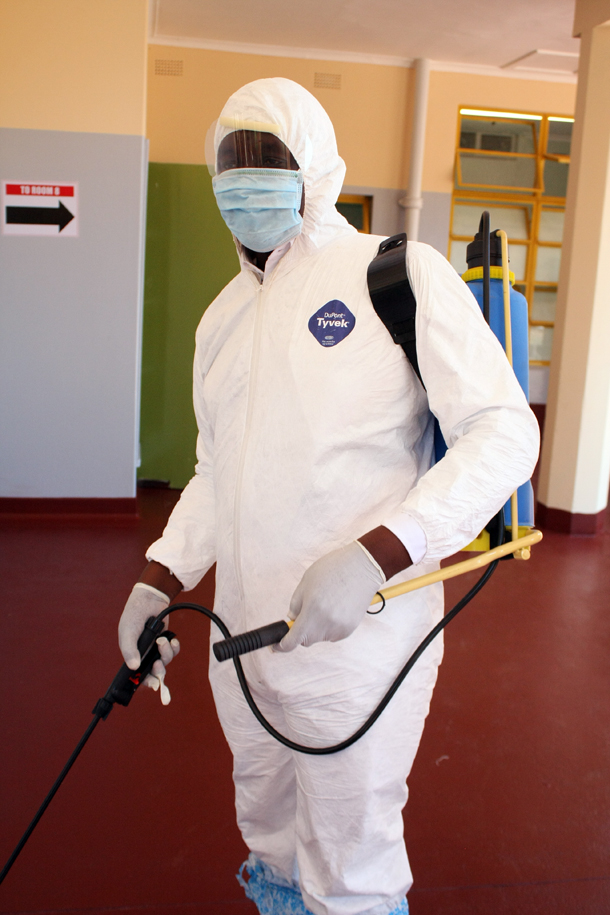
AFTER six weeks of working in the Ebola infested parts of Sierra Leone and Liberia, two of the locally based World Health Organisation (WHO) doctors are back in the country to a heroes’ welcome.
The two were part of a team dispatched to help fight the deadly disease which has so far killed nearly 8 000 people and infected 19 000 others.
WHO country representative David Okello said as was mandatory the pair, Ayotunde Adegboyega, whose mission was in Sierra Leone, and Fabian Ndenzako, who was based in Liberia’s Lofa province, had been placed under the 21-day surveillance.
The maximum incubation period for Ebola virus disease is 21 days during which the disease is expected to manifest if someone has been exposed.
Both doctors admitted that unfounded fear was a major stumbling block to the fight against the disease which can be halted by “looking beyond the fear”.
“Conquering the fear of the disease is the best way to come up with response measures that work,” said Adegboyega.
Enduring night time curfews, and working in hot conditions while wearing heavy biohazard suits, was surely no easy feat but their desire to contribute to humanity urged them on.
WHO is part of the other humanitarian agencies that have joined in the fight to halt the disease which is showing signs of slowing down.
- Chamisa under fire over US$120K donation
- Mavhunga puts DeMbare into Chibuku quarterfinals
- Pension funds bet on Cabora Bassa oilfields
- Councils defy govt fire tender directive
Keep Reading
In their recent report, the international health organisation said Ebola victims were mobilising themselves and offering each other moral support.
In Sierra Leone they have formed an association called Rescue Team in which the 90 members assist each put their lives together. This was prompted by the hostile community response which they got when they came back from the various hospitals.
They faced a lot of stigma and were ostracised by their community who did not understand the disease and were afraid that they would be infected if they interacted with those formerly infected.











